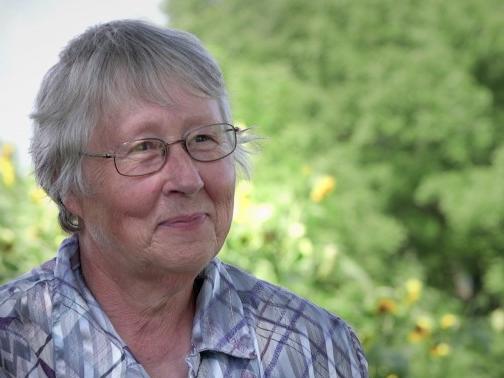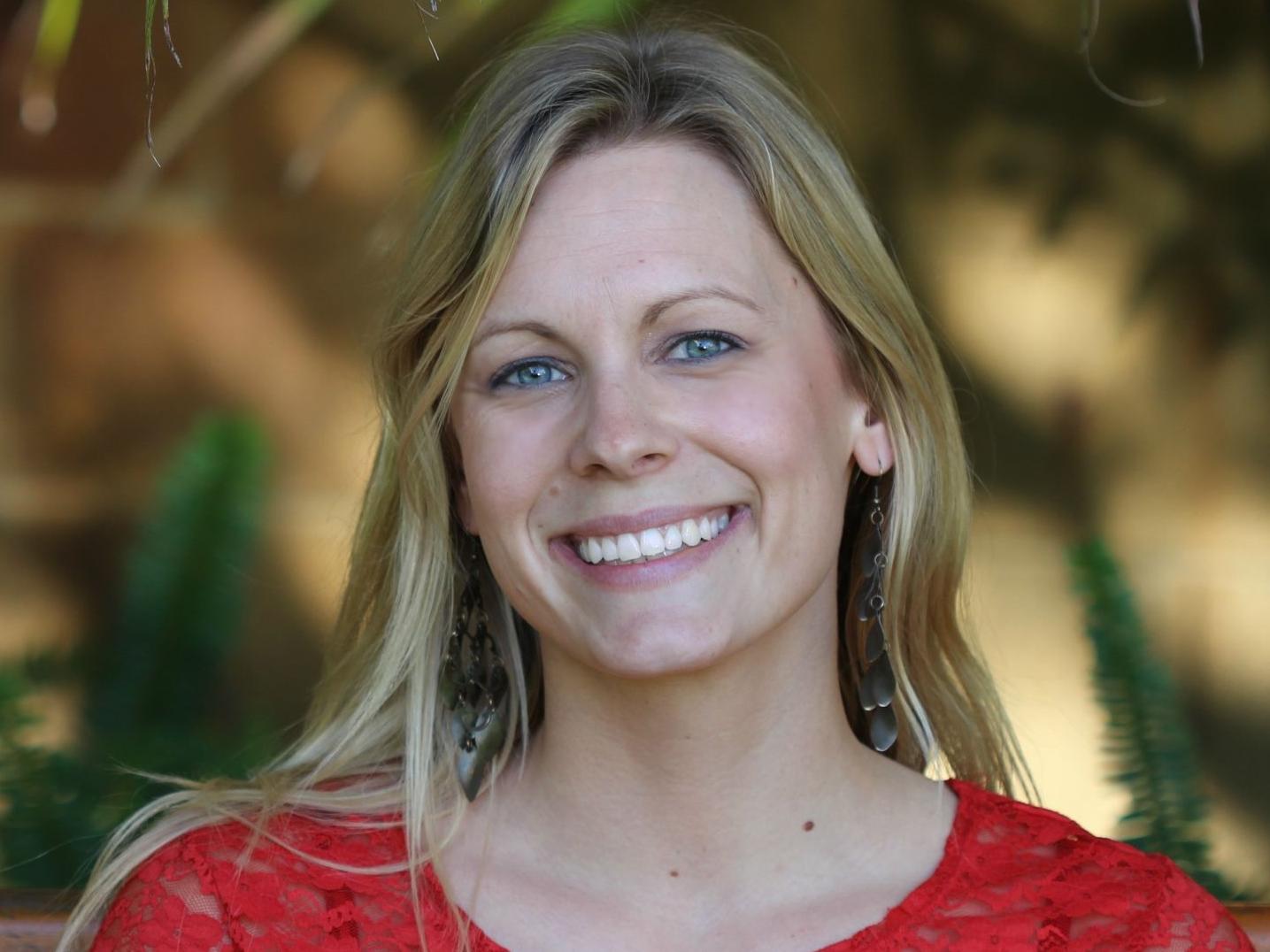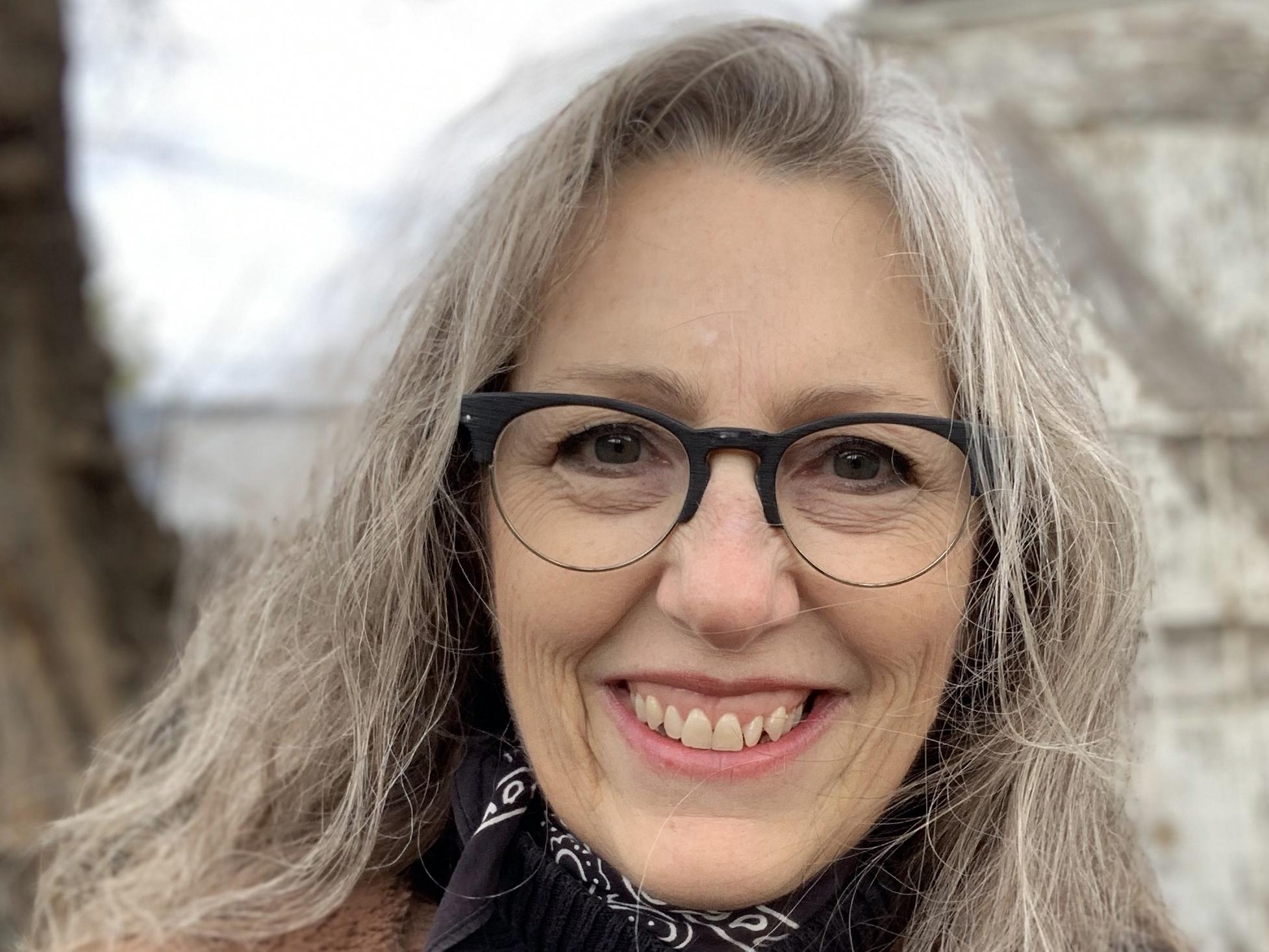Environmental awareness first came to Andrew Sobkowiak when he was on the cusp of adolescence growing up in West Salem. He lived for snowboarding, and the things he was hearing about climate change made him worry it could make snow scarce.
By the time Sobkowiak graduated from Viterbo University in 2016, though, his sustainability concerns had gone well beyond personal impact. The business management major was thinking a lot more globally, thanks to classes he took with Lucy Slinger, FSPA, and a senior internship at the Hillview Urban Agriculture Center.
“I just got hooked on Sister Lucy’s classes. I learned so much about sustainability issues that really opened my horizons,” Sobkowiak said. “And that last semester really solidified my desire to want to work in the field of sustainability.”
The emphasis on stewardship at Viterbo was one of the big reasons he transferred from Western Technical College to complete his bachelor’s degree, and he learned how much more there is to “living green” than reduce-reuse-recycle.
These days, Sobkowiak works for Prairie Moon Nursery in Winona, Minn., a leading supplier of native prairie plants and seed mixes. The nearly 40-year-old company, founded by a student of Aldo Leopold, offers 700 species of native plants, with customers ranging from “backyard gardeners to large government agencies.”
Sobkowiak’s work involves sales and consulting, mostly dealing with seed mixes. “It’s really cool work,” he said. “I wear multiple hats at Prairie Moon. I’m basically speaking with people throughout the day.”
Latin plant names now trip off Sobkowiak’s tongue like he’s a born botanist, but it wasn’t that way when he started at Prairie Moon, which also employs 2020 Viterbo graduate Elaine Remus.
“In the beginning, I was looking at all these scientific names and thinking I’m never going to learn these,” Sobkowiak said. “I learned about different things at Viterbo, like the benefits of biodiversity and native plants, but as far as in-depth knowledge of native species, I knew next to nothing. It was like learning a second language. I think Sister Lucy would be proud.”
Not only can he name them, he can grow them. Sobkowiak tore up a big section of grass in his backyard and created a “pocket prairie,” an area of native grasses and plants instead of lawn, and he’d love to see a lot more people do that. Lawns, he said, are basically the biggest crop in the country, sucking up time and resources and introducing contaminants to the environment, and it’s all for show.
Sobkowiak’s pocket prairie requires a fraction of the time and attention needed for lawn maintenance, provides habitat for wildlife, and offers awe-inspiring natural beauty, including his favorite native plant, bottle gentian.
The plant’s Latin name drew his attention because it includes his own name: Gentiana andrewsii. He loves bottle gentian’s vibrant purple blooms. “It’s a really strong flower. It’s only real pollinator is a bumblebee because it’s the only one strong enough to get into it,” Sobkowiak said.
Living sustainably doesn’t have to involve learning Latin plant names and turning all yards into meadows, Sobkowiak emphasized. It takes consideration of the impact of your consumption on the planet. “There are a lot of people who just want a lot of stuff, and there’s a large environmental impact from that.”








